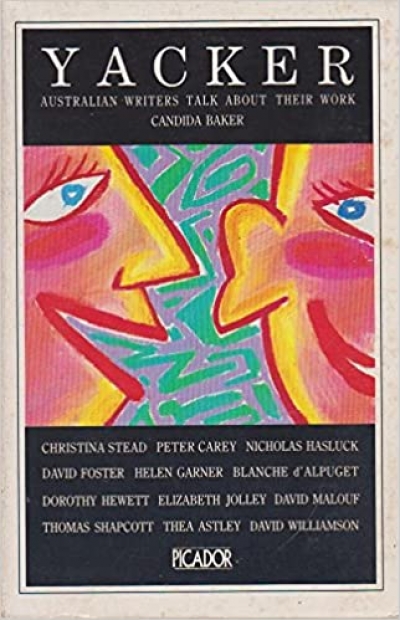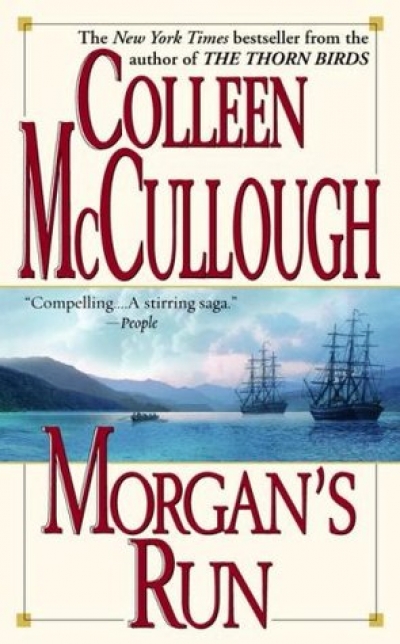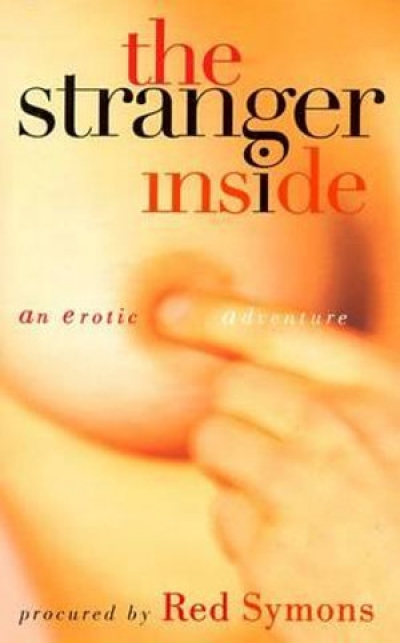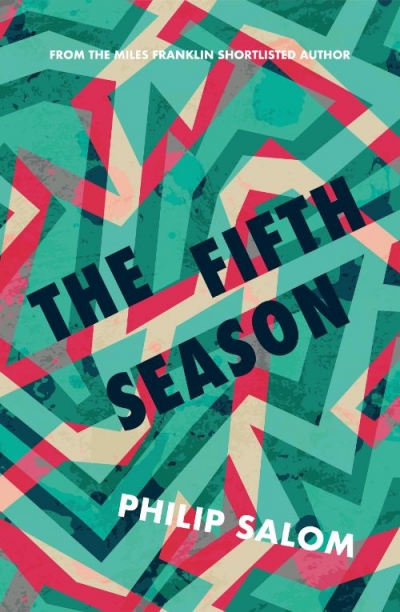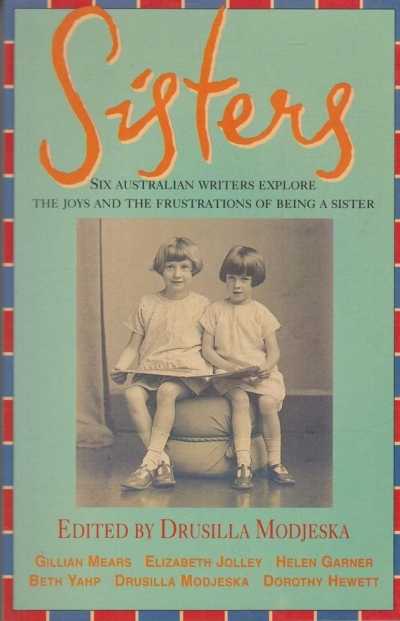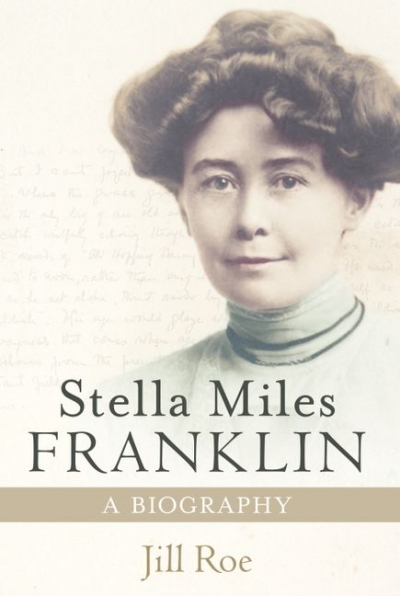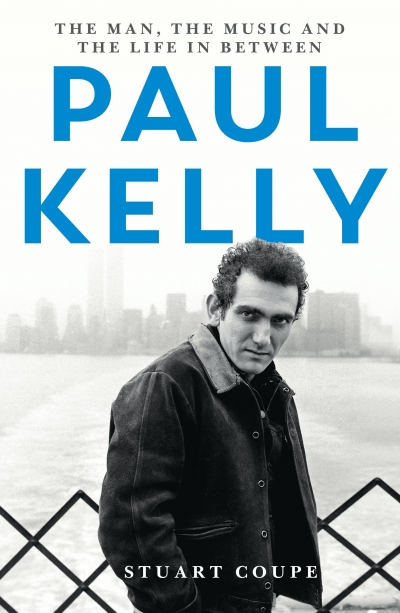Kerryn Goldsworthy

Kerryn Goldsworthy won the 2013 Pascall Prize for cultural criticism, and the 2017 Horne Prize for her essay ‘The Limit of the World’. A former Editor of ABR (1986–87), she is one of Australia’s most prolific and respected literary critics. Her publications include several anthologies, a critical study of Helen Garner, and her book Adelaide, which was shortlisted for a Victorian Premier’s Literary Award. In November 2012 she was named as the inaugural ABR Ian Potter Foundation Fellow. Her Fellowship article on reviewing, ‘Everyone’s a Critic’, appeared in the May 2013 issue of ABR.
I don’t usually reply to Letters to the Editor, but … Since this lot (see opposite) is particularly atrabilious, a lovely word I have just learned from Don Anderson, I feel moved to make a few mild replies. Ken Gelder and Gerard Windsor are big boys now and can look after themselves, but I will say that John Carroll’s is the only negative response I have seen or heard to Windsor’s June Sel ... (read more)
I recently took part in a forum on contemporary Australian fiction, a discussion during which the publisher on the panel talked about popular and/or ‘middlebrow’ fiction, and about her ire with reviewers who either simply trashed such novels, or else insisted on emphasising their status as ‘popular fiction’, and on discussing them within the context of its generic expectations and limitati ... (read more)
This year’s annual conference of the Association for the Study of Australian Literature was held in mid-July at James Cook University in Townsville, to which some two hundred delegates flocked to soak up ideas, information, sunshine, and the odd ale. Everybody had a good time except possibly the indefatigable organisers, Tony Hassall, Robert Dixon, and Stephen Torre, who, if they were not too ex ... (read more)
Vale John Hanrahan. Dear reader, if you think you miss him, you should see how I feel. I tried to get a Sydney person to take over this column. I really did. He said no. (Actually, he laughed.) So for those Sydney people who complain that ABR suffers from rampant Melbocentrism (and as a native of Adelaide I am far from blind to the ravages of this local disease, myself), bear in mind that the numb ... (read more)
The Stranger Inside is billed on its own front cover as ‘an erotic adventure’. The title would be considerably more innocuous if the book didn’t announce itself as erotica, but once it does, the phrase ‘the stranger inside’ suddenly becomes suggestive in the extreme. It’s a good title, partly because grammar renders it fruitfully ambiguous: apart from the obvious implication, it could ... (read more)
In Western culture’s calendar year, is there some hidden fifth season, and if there is, what is it? The main character of Philip Salom’s fifth novel, a writer called Jack, asks himself near the end of the book whether the fifth season might be ‘Time, which holds the seasons together’, or perhaps the fifth season is simply ‘the Unknown’. Jack is preoccupied with the lost: with those peo ... (read more)
Jane Gallop has explored the often-bitter rivalry between sisters for the love of the father, and increasingly, for self/love.
Helena Michie, ‘Not One of the Family’
Marianne, now looking dreadfully white, and unable to stand, sunk into her chair, and Elinor, expecting every moment to see her faint, tried to screen her from the observation of others, while reviving her with lavender wa ... (read more)
In December 1982, publisher Richard Walsh commissioned a ‘life and times of Miles Franklin’ from historian Jill Roe. The book ‘has been a long time coming’, says Roe, ‘due to other commitments and responsibilities, and because of the extent of previously unexamined source material.’ That source material – letters, articles, unpublished manuscripts, journals – exists in quantities t ... (read more)
The voice on the car radio was not immediately recognisable, nor was the song familiar to me. There was just a smoky laid-back piano and someone singing a song that sounded as though it was from the 1940s: ‘Young lovers, young lovers …’ I thought the voice, whomever it belonged to, had a real musicality in it, a precision of pitch and phrasing in tandem with a kind of liquid sweetness.
I ha ... (read more)

